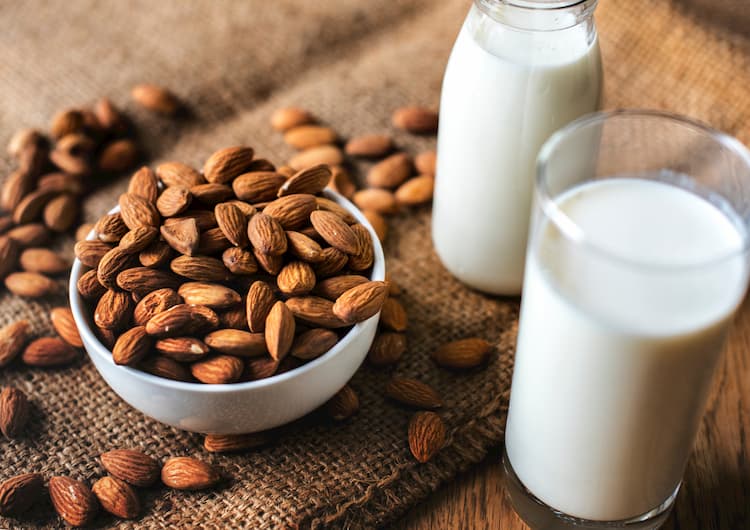Although protein is an essential part of a balanced diet, too much of it can lead to a number of problems. High protein diets can increase your risk of heart disease, kidney problems, and bone disorders. Excess protein can also lead to digestive issues and weight gain. Fortunately, plant-based proteins have fewer side effects than animal products.
Experts recommend that adults consume about 10% to 35% of their daily calories from protein. Typically, this is about one gram per pound of body weight. However, athletes may need up to 1.6 grams per pound of body weight daily. This means that a 2,000-calorie person should consume between 200-700 grams of protein per day.
Excess protein can harm your liver, brain, and nervous system. Excessive protein causes the liver to work too hard to process protein, causing toxic wastes to build up in the bloodstream. This may lead to a condition called hepatic encephalopathy, which affects the brain and nervous system. Excess protein is dangerous for anyone, so it’s important to monitor your intake carefully.
A high protein diet can cause constipation and diarrhea. Ensure that you eat plenty of fibrous foods and vegetables to keep bowel movements regular and soft. If you are worried about the amount of protein you consume, consult your doctor and dietitian. A good source of protein for vegetarians and vegans is a combination of plant-based proteins and animal products.
Excess protein can also lead to weight gain. Protein-rich diets can increase your risk of heart disease, diabetes, and osteoporosis. This is especially true for those with compromised kidney function. In addition, high-protein diets can increase your risk of cancer. Choosing to eat more whole-food-based foods may be a better option for optimal heart health.
Eating too much protein can lead to a variety of problems, including the kidneys and liver. In addition to causing you to have bad breath, excess protein can stress your kidneys and make you dehydrated. In the long run, this can lead to cancer and heart problems. So, it’s vital to limit your protein intake to avoid these problems.
Excessive protein is an unhealthy way to gain weight. Your body will store excess protein as fat instead of burning it. This can lead to dehydration and elevated nitrogen levels. Your body needs protein to function, but too much can cause serious health problems. It is best to eat a balanced meal plan to avoid weight gain.
